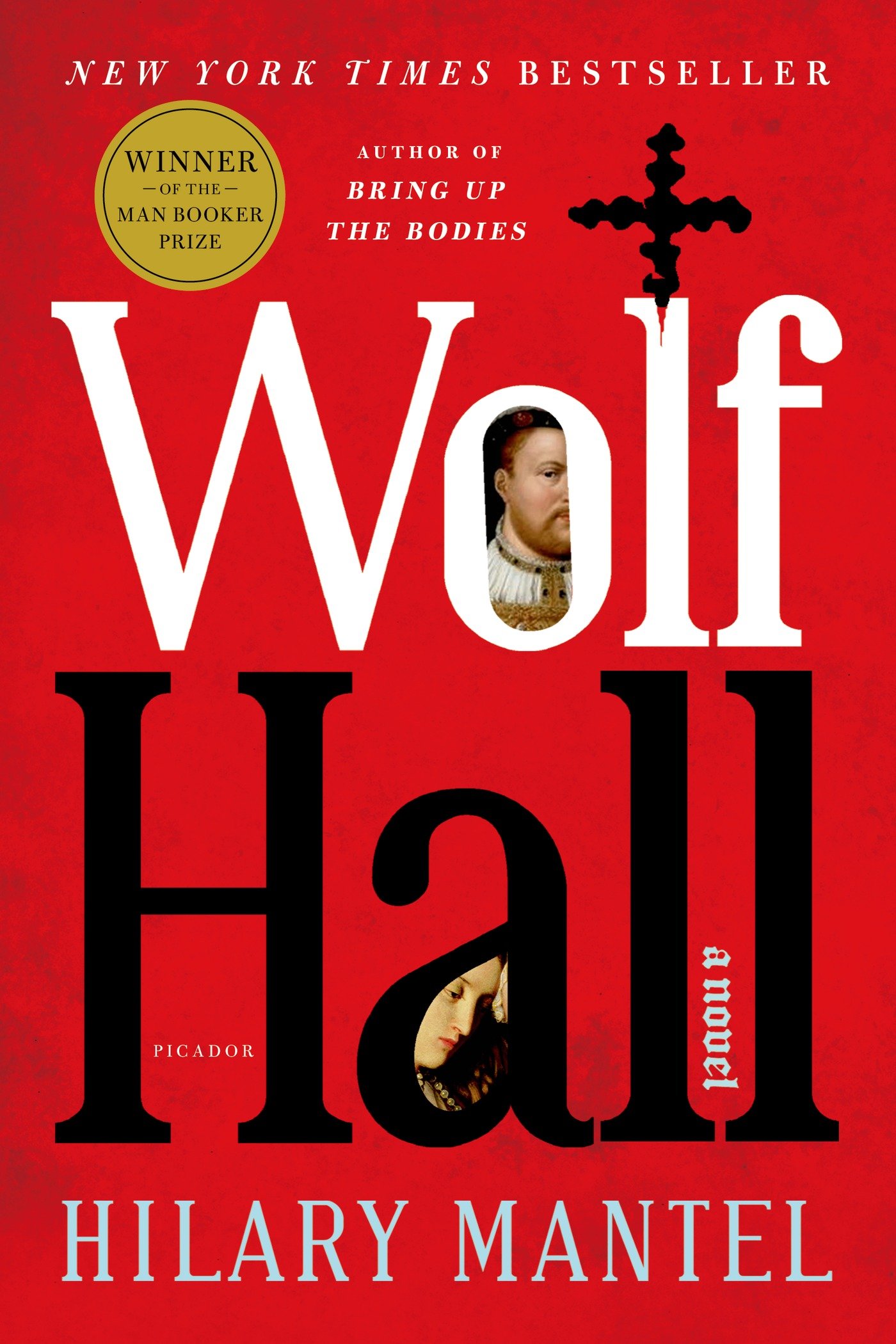And beneath Cornwall, beyond and beneath this whole realm of England,
beneath the sodden marches of Wales and the rough territory of the Scots
border, there is another landscape; there is a buried empire, where he fears
his commissioners cannot reach. Who will swear the hobs and bogarts who
lie in the hedges and in hollow trees, and the wild men who hide in the
woods? Who will swear the saints in their niches, and the spirits that
cluster at holy wells rustling like fallen leaves, and the miscarried infants
dug into unconsecrated ground: all those unseen dead who hover in winter around
forges and village hearths, trying to warm their bare bones? For they too
are his countrymen: the generations of the uncounted dead, breathing through
the living, stealing their light from them, the bloodless ghosts of lord and
knave, nun and whore, the ghosts of priest and friar who feed on living
England, and suck the substance from the future.
In Ford Madox Ford's The Fifth Queen, Thomas Cromwell, Henry VIII's
chief advisor, is a shrewd, conniving man who works tirelessly to discredit and
destroy Catholics in England. In Hilary
Mantel’s Wolf Hall, Cromwell is
equally shrewd and cunning, but with a golden heart to boot. Ford’s Cromwell is a self-serving Machiavel;
Mantel’s grieves for his dead wife and children, serves his king out of loyalty
and perhaps love, and feels remorse for Thomas More’s public execution.
Unfortunately, Mantel’s Cromwell is also pretty dull. She works hard to rehabilitate his image, but
why? Why, for instance, does Mantel feel
the need to provide for Cromwell no fewer than four different “son” characters
to act out his fatherly wisdom on? Why
do we need to know that he had an abusive father? Ford’s vision of Cromwell makes sense in
light of his Catholic dogmatism, but what is it that Mantel wants to say about
the Reformation, or God, or human beings?
Maybe there are answers to these questions, but the book is such a
muddle that it hardly seems worth trying to pry them out. (The passage I quoted above is, I think, one
really nice exception to that muddle-ness.)
Part of what makes Wolf Hall such
a difficult experience is its insistence on historical completeness. The bare bones of Cromwell’s story are pretty
fascinating: His intimacy with his predecessor, Cardinal Wolsey, hounded out of
office by Henry for failure to procure a divorce from Catherine of Aragon. His role in the break from Rome and the
establishment of Anne Boleyn as queen.
His struggle with More over the Oath of Succession, and the hand he has
in his execution. But these moments get
lost in a torrent of historical minutiae and a superflux of historical
characters. The cast is so enormous that
Mantel provides a reference table in the front in case you forget who is Thomas
Wolsey and who is Thomas Wriothesley and who is Thomas Audley. (Also, cracking jokes about how the world
seems to be made up of people named Thomas doesn’t make it any clearer.) I understand the rationale behind being
faithful to history, but this is a novel, and not a textbook; so many of these
people occupy such similar niches that deciphering the plot can be
maddening. Mantel’s writing is
accomplished, but trying to differentiate all these characters through voice
and description is a task only Shakespeare or Dickens could tackle.
So there’s six hundred pages of that, and then you realize: There are two sequels. This story’s only a third of the way
done! Who, outside of the most devoted
early modernist, has the energy to pick up the next novel, Bringing Up the Bodies, after making it through Wolf Hall?
Not I. Which is a shame,
because like a lot of people, I think the story of Henry VIII’s life is fascinating. Maybe I’ll just start watching The Tudors instead.


3 comments:
You can't argue with netflix streaming.
Mantel excels at historical novels. This plus its follow-up, "Bring Up the Bodies," are captivating works.
Highly recommended Austin Maid Services website
Post a Comment